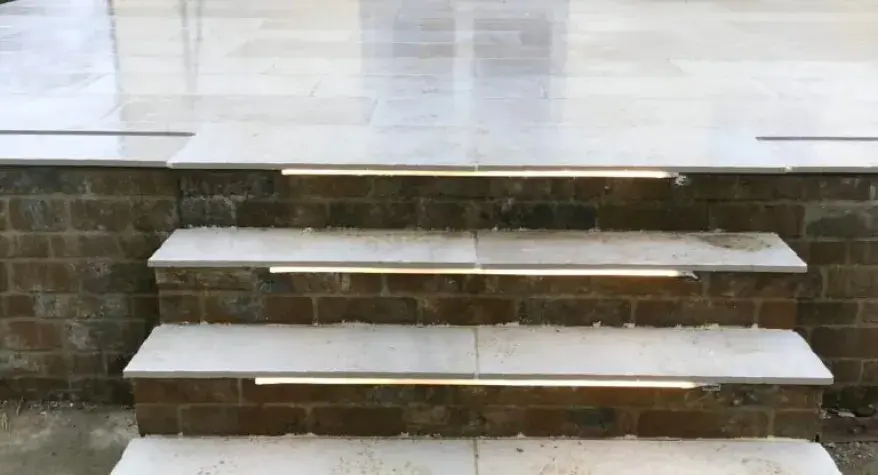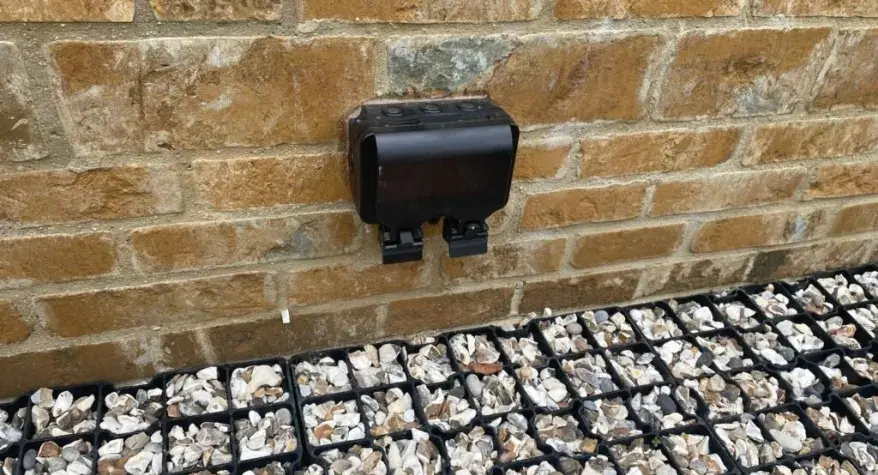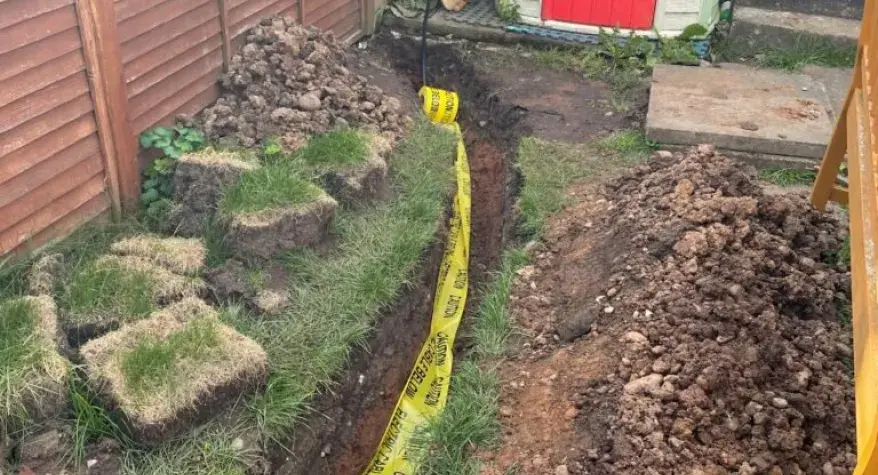Garden electrics: what not to do
In recent years, our gardens have become much more of an extension of our homes than ever before. With more people working from home, our gardens may include an office space or a summer house to retreat to. In 2019, 4.7% of those in employment were working from home, compared to 1.5% in 1981.
Numbers rose during the 2020 Covid-19 lockdown, and around 36.5% of employees still worked at home in June 2020. As of May 2021, 70% of UK employees wanted to work two or more days at home. Gardens can offer an attractive space for offices for those wanting to work from home.
Some simply like to use their garden as a space for entertaining outside and to make use of the extra space that our gardens can offer.
Whatever your needs, it’s a great idea to think about what your garden can offer you. Although electricity makes living and working in your garden much easier, there are things that you need to think carefully about when considering electricity in garden areas.
Don’t mix with water!
One of the gravest dangers in the garden is the presence of wet or damp conditions when using electricity. Electricity and water don’t mix, so any wet conditions and contact with the ground could mean the risk of injury or death from electric shock is even greater than indoors.
1. Store equipment safely
You should never use electrical equipment in wet conditions. Equipment should be stored in a dry, safe place and should be checked before use.
2. Use waterproof sockets
You should only use electrical sockets and appliances that are made for outdoor use so that they are waterproof and safe to use.

3. Ensure proper installation
Obviously, extra care should be taken when using electric pumps in water features, as incorrectly installed or damaged mains supplied pumps could lead to injury or even death. Always make sure that you buy from a reputable manufacturer.
4. Check frequently
You should also check the Residual Current Device (RCD) every 6 months and ensure that any cables are protected from damage.
Taking these steps and being careful each time you use the equipment outside, should mean that you are kept safe from harm and you can enjoy your time in your garden without any worries.
Cut the grass, not the cable!
It is of utmost importance to pay attention when carrying out any work in the garden, whether using a mower, strimmer, or another tool. It is important to keep any cables, connections and plugs free from damage.
1. Check your RCD
You should always have a Residual Current Device (RCD) as part of your electrical circuit. A Residual Current Device is an electrical safety device designed to break an electrical circuit when it senses a leakage of current from a circuit. An RCD is designed to quickly and automatically cut off the flow of electricity when the current is unbalanced between the supply and return of conductors. Any difference in the current indicates a leakage in the current which presents a shock hazard, which can be stopped by shutting off the electrical supply.
RCDs can be checked by testing and resetting the device - a test button can create a small leakage condition and another button resets the device after the fault condition has been cleared.
The RCD is designed to reduce the risk of harm to humans from ongoing electrical shock and to protect equipment. Injury may still occur, such as a brief electric shock before the electrical circuit is cut, but the risk is far greater without an RCD. Without it, if you cut through an electrical lead, a simple job like cutting the grass could kill you.
2. Wear protective clothing
There are other things you can do to protect yourself, such as wearing gloves and wearing shoes that protect your feet (don’t wear sandals, you may regret it!).
Again, if care is taken then you should have no worries about using equipment out in the garden.
Don’t leave cables hanging around
Animals can easily chew through any cables to outside lights or other permanent fixtures when they are left out in the open. This problem is much more common than you expect. When this happens, not only is the power lost to the light or fixture but more worryingly, these cables are left live and could cause further harm to yourself or someone else.
1. Bury cables when possible
It is really important to bury cables underground to prevent this from happening. Although this can seem like harder work at the time, it will save you a lot of potential misery in the future. Some electricians offer customers the service of digging a trench for the cable, but it can add a few days to the length of the installation.

2. Ensure an armoured cable is being used
Armoured cable is designed to protect the delicate electrical cables within from accidental damage caused by gardening tools and animal activity. Ensure that your electrician is using armoured cable at all times.
Learn more information on how to add external power supplies here.
Don’t take shortcuts
It can be tempting to take shortcuts with outdoor electrics, as the appliances may not be used as often and you make think the time and money spent is not a good return on investment considering how occasionally outdoor electrics are used by some homeowners.
However, there will be safety risks if appliances or mains electric supply is not installed properly.
1. Use a certified electrician
It is safest to use a domestic electrician when carrying out domestic electrical services in the garden, even if the work seems easy and straightforward. Due to adverse weather conditions, the garden should be considered a high-risk area for electrical work. It is vital that any work that is carried out is checked to be in accordance with the current Electrical Regulations to ensure maximum safety.
2. Plan carefully
As with most things where electricity is concerned, it is all about planning. Careful planning can make all the difference. If you are laying an electrical hook up to an outdoor office space or summer house, then carefully plan the trench for the electrical wires and where you want each socket or light fitting to go within the outbuilding.
Find out how we helped install a summer house for a homeowner in Northfield here.
Safety, safety, safety
Whether you are using electricity in your garden for a summer house, or office space or for lighting or ornamental features, it is important to be careful and to think through the devices you are using and how you are using them. Safety should be at the forefront of your mind - making sure that RCDs are fitted, cables are buried in trenches and you should wear protective clothing when working with electricity. Don’t take any shortcuts! With these precautions in mind, you can safely enjoy your garden!






